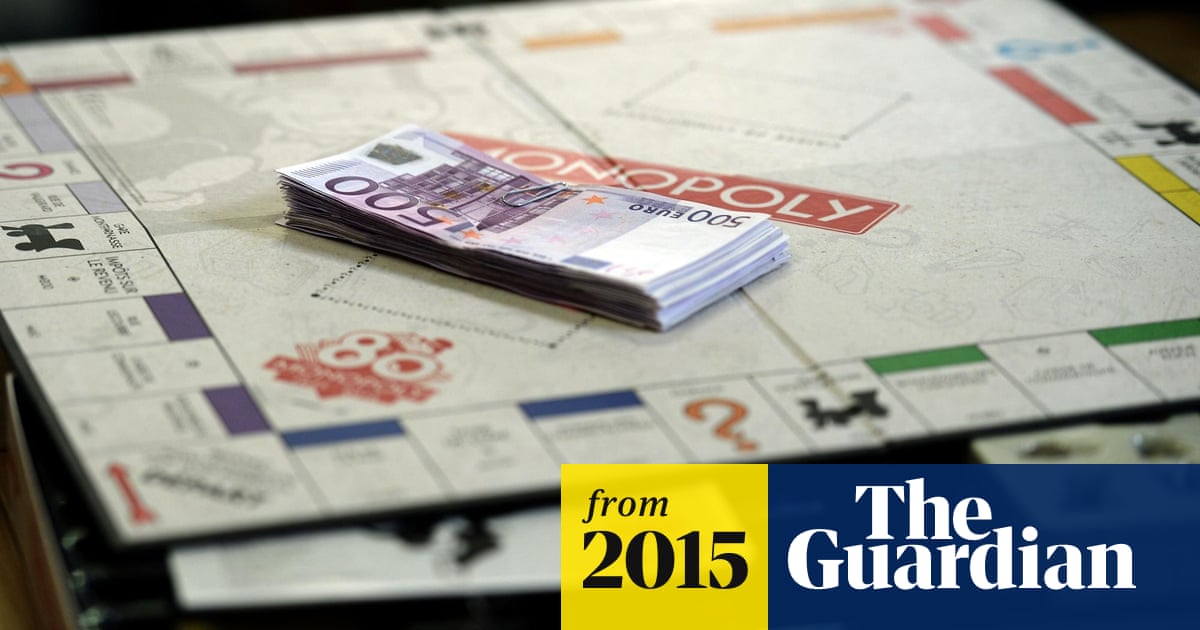Most of us strive to obtain more and more of it, yet we can't deny we love spending it — money makes the world go round (it's also the subject of many clichés, how many money clichés can you locate throughout this text?). Sometimes referred to as the root of all evil, money can be used to make wonderful things happen, and it can also destroy people.
Throughout our lives, we constantly have money flowing in and out of our possession. We earn our salary and use it to buy a home, purchase cars, pay bills, and buy food and non-essentials. For many of us, when we want more, we try to earn more, instead of simply wanting less. Money burns a hole right through our pockets, and so many of us spend more than we earn. Reports from 2013 estimate that as many as three-fourths of Americans live paycheck-to-paycheck.
Monopoly Money: A Level-Up Plus Feature. If you don’t think this game is packed with bonuses already, then wait until you read about this. In Monopoly Slots, there is a special add-on to the interface called Monopoly Money. This is an indicator that you will find on the left hand corner of the screen.

With all of the stress that financial matters can brings about, perhaps we should see money for what it really is — paper (albeit fancy paper). Sure, we can't survive without it, and we need it to build our lives, but those are details. All kidding aside, here are a few facts about money that may just make you see cash just a little bit differently.
1. It cost more to produce a nickel than a dime

It may sound a bit strange, even counterintuitive, that a coin worth 5 cents costs more to produce than a coin worth 10 cents, and that's because it is. It costs the U.S. Mint 11.18 cents to make a nickel and only 5.65 cents to make a dime.
A penny comes with a higher cost to make than it's worth as well, with a production cost of 2.41 cents. Once we get up into the higher coin values, like quarters and $1 coins, the value of these coins finally exceeds each coin's actual worth.
2. Your money may be dirtier than your bathroom toilet
We work hard for our money. This cash we work each day to earn, however, is absolutely filthy. Did you know money contains pathogens, including staphylococcus? Time reported on a study that found 94% of dollar bills contained viruses and bacteria. These sicknesses, like the flu for instance, can be transmitted via your cash for up to 17 days.
Some reports indicate that money also contains traces of cocaine, as well. Previously dismissed as a rumor, apparently it has actually has been verified through research by the University of Massachusetts in Dartmouth, who found that 90% of dollar bills contained traces of the illegal drug, as of late 2009. Maybe, it's best to refrain from putting your money where your mouth is?
3. Coins are pickled prior to minting
Online Monopoly Tournaments
Pickling is a fairly common practice. Eggs, cucumbers, beets, figs, and cauliflower are all items we soak in vinegar or a vinegar blend to make foods taste differently. For many, the pickling process enhances these foods in some way.
Nickels, dimes, and quarters are also pickled before they're minted. Instead of vinegar, they're soaked in a chemical solution composed of cleaning and polishing substances so that when the faces, lettering, and details are added onto the blanks, they look their best.
What happens to all of your old and worn money? Bet your bottom dollar it doesn't go to waste. The U.S. Mint also recycles old coins and bills into new ones, as well.
4. More Monopoly money is printed than real money

Were you the player who always bought Boardwalk and Park Place? Although this Monopoly money theory was thought to be a rumor, it is actually true. Parker Brothers reports that it is rolling in the fictional pink, blue, and yellow dough, printing around $30 billion each year. The U.S. government generally only prints money to replace old, or worn-out bills, which results in the annual printing of roughly $974 million, according to estimates published on CNBC's website.
Monopoly is therefore not only out-printing the U.S., the cash-cow is printing over 30 times what the U.S. is.
5. Bills don't last as long as we think
We are supposed to save our money, plan for the future, and build a retirement fund. If you're one of those people who saves cash, holds onto straight cash, or maybe you hide cash under a mattress, you should probably know that money has a pretty short lifespan.
Play Monopoly With Real Money Mr Beast
The average life of a $1 bill is less than six years, while a $5 or a $10 bill last just over four years. A $20 bill has a slightly higher lifespan of around eight years, but a $50 bill, it has the shortest life of around three and a half years. The $100 bill however, you can expect a longer-life with old Benjamin of around fifteen years.
Have anymore funny money facts or clichés? We'd love to hear them.
Wall St. Cheat Sheet is a USA TODAY content partner offering financial news and commentary. Its content is produced independently of USA TODAY.